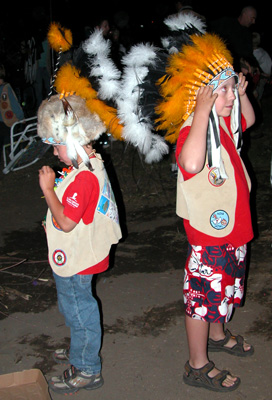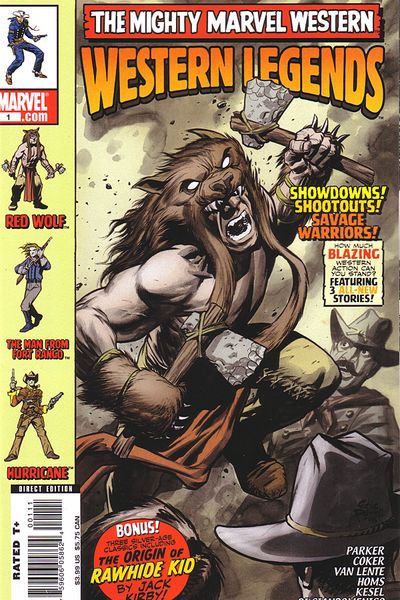1. increasingly covert racial discourses and practices,
2. avoidance of racial terminology and claims by whites that they experience “reverse discrimination,”
3. a racial agenda in the discussion of political matters that avoids direct racial references,
4. invisibility of the mechanisms of racial inequality, and
5. the rearticulation of some of the elements of Jim Crow racism (pg. 90).
One of the most important elements of contemporary racism is the emergence of the “colorblind ideology.” The colorblind ideology asserts that color is not important and should not be the basis for social judgments. The key problem with colorblind ideology is that it is an abstract principle that does not hold true in practice (Bonilla Silva 2001).




3 comments:
So you think Americans are as racist today as they were centuries ago when they massacred Indians and enslaved blacks? An interesting assertion, although it's totally at odds with the facts.
Even the most superficial look at our history shows that racism has diminished over the years. And that the nature of racism has changed--has become less blatant and more subtle.
"231 years" qualifies as "centuries." But most Americans trace their American-ness back to the Pilgrims, at least.
Technically, Americans were British citizens until 1776, but we could call them British Americans before then. Whether a "British American" is a form of American is a matter of semantics.
Re "You now claim that mascots and stereotypes don't exist as examples of racism, but only as examples on recent and 'evolved' racism and stereotyping that do not have either genocide or cultural destruction as their purposes": I claim mascots and stereotypes do exist as examples of racism, but such racism isn't as bad as it was decades or centuries ago.
I'd say racism and stereotyping serve to disparage and diminish Native cultures...but to destroy them? I don't know if I'd go that far.
I doubt I've ever said the genocide against Natives continues today. And when "voyageur" (nee "not a sioux") asked when I thought the attempts at genocide ended, I said probably in the 1970s. Given that position, I can't claim that racism and stereotyping are part of an ongoing campaign of genocide.
I say racism has diminished in the last couple of centuries. You say it hasn't. Readers can decide this matter for themselves.
Post a Comment